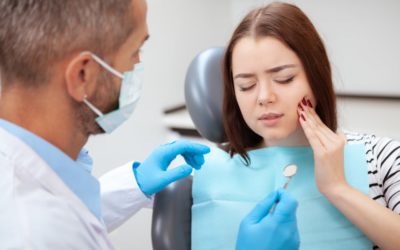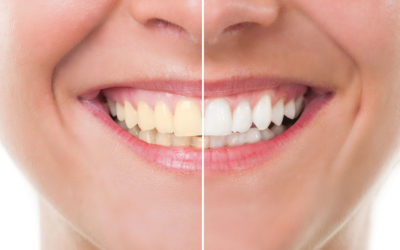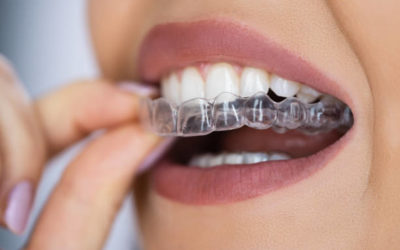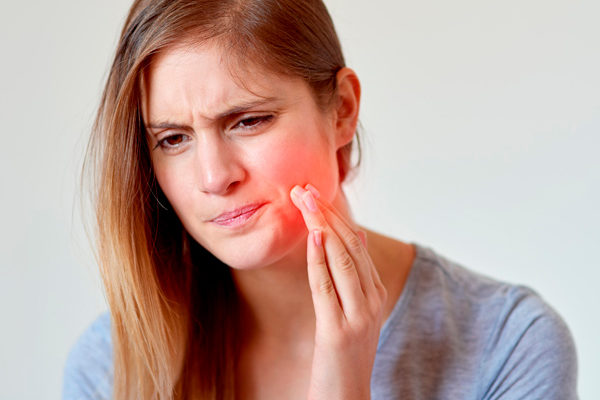
First aid in a dental emergency: sound advice
A dental emergency can happen at any time. Every second counts, whether it's because of a broken tooth, sudden dental pain or unexpected trauma. Knowing how to react before you even get to the dentist can make all the difference. Here are some concrete tips, validated by Geneva specialists, to help you adopt the right first steps and limit complications until you can be treated quickly.
Identify the nature of the dental emergency
A dental emergency covers a wide range of situations, not just those involving spectacular bleeding or a knocked-out tooth. Sometimes, even intense dental pain or swollen gums require immediate action. Understanding whether you're facing a real emergency will help you prioritize the actions you need to take.
Symptoms such as a damaged tooth, acute infection or abscess, as well as any abnormal sensation, often require specific attention. Reacting quickly is essential, but every gesture counts to protect the tooth and avoid further damage while waiting for a consultation with a qualified professional.
First steps recommended by Geneva dentists
Taking the right decisions immediately after an oral injury facilitates recovery, while reducing pain and the risk of complications. Geneva's dentists recommend a few simple, sometimes overlooked reflexes, adapted to different emergencies.
Informing yourself about best practices also helps to reassure those around you, especially children and the elderly, when the situation becomes stressful. Let's take a look at some practical advice to apply before heading off to a care center.
What to do in the event of a broken or displaced tooth?
When faced with a broken tooth, keep calm and gently pick up the fragment if possible. Rinse it gently under clear water, without using soap or scratching. Place the fragment in saline or milk while you wait for your appointment. Apply ice to the outside of the cheek to limit swelling and local pain.
If a tooth has been completely expelled from its socket (avulsion), never touch the root. Hold it by the crown (the part normally visible in the mouth) and carefully try to replace it in the socket. If this is not possible, keep it immersed in milk or saline. The faster the re-implantation, the better the chances of success when the professional takes over.
Acute dental pain: what reflexes should you adopt?
Disabling tooth pain doesn't wait, especially when it prevents you from sleeping or eating properly. Start by rinsing your mouth with warm salted water to limit inflammation. Avoid alcoholic or excessively hot solutions, which will aggravate the situation.
To preserve the enamel and temporarily soothe the painful area, apply an ice pack wrapped in a compress to the cheek. This reduces pain and swelling locally. The use of conventional analgesics (such as paracetamol, if not contraindicated) provides momentary relief, but never prevents the need for a prompt visit to the dentist.
How can you limit the risk of complications?
Even in the midst of agitation, paying attention to oralhygiene can prevent many complications. Keeping the area clean and avoiding touching or biting the affected area limits bacterial contamination. Small, simple gestures can save precious time before you need to call in a specialist.
If bleeding persists, placing a sterile compress against the injured area for several minutes often helps to stop the flow. Don't remove the compress too quickly, and hold it tightly to allow a stable clot to form. Reduce consumption of hot drinks or crunchy foods during this critical period.
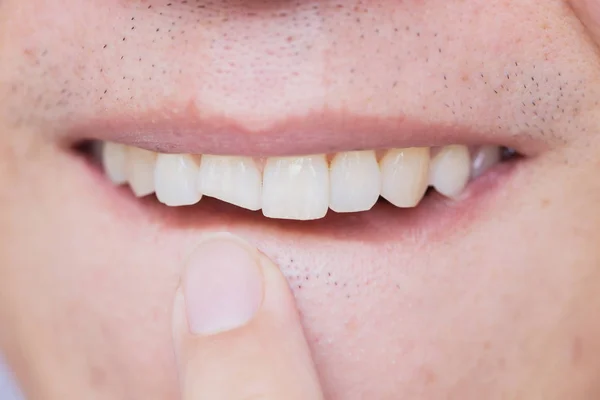
Special situations and additional precautions
Some cases require even more rigorous attention, particularly when the emergency involves a child, an immunocompromised person or a person suffering from severe shock. In these cases, it is essential to contact a suitable facility to ensure rapid, safe care.
You should also list any recent medications and note any allergies you may have before you go to the dental surgery. Informing the professionals of this information speeds up and facilitates medical management on arrival.
- Recovering and preserving an expelled tooth in milk or saline solution
- Apply a cold compress for rapid relief in the event of shock
- Avoid aggressive self-medication or the local application of irritating substances.
- Notify the dentist as soon as possible to arrange treatment
Fast care at the dental center
Responding effectively to a dental emergency involves coordinating precise first steps, followed by referral to a competent professional near Geneva. Favoring a specialized structure will ensure a complete assessment and immediate care adapted to each situation.
At Centre Dentaire Lancy, emergency care is provided under optimum conditions. The team offers a humane, professional and secure solution, coordinating rapid care for every patient, whatever their age or emergency situation. Personalized support considerably reduces the duration of suffering and improves the prognosis of all dental complications. Don't hesitate to make an appointment for an effective and reassuring intervention.
| Emergency situation | Recommended first reflex | Recommended follow-up |
| Broken tooth | Rinse, preserve fragment, apply ice | Urgent dental consultations |
| Expelled tooth | Immerse in milk, try a gentle mouthwash | Immediate care |
| Severe dental pain | Saline mouthwash, local ice, analgesics | Rapid medical diagnosis |
| Persistent bleeding | Sterile compress held firmly | Mandatory professional inspection |
Frequently asked questions about what to do in a dental emergency
What are the first steps to take when a tooth is knocked out?
If a tooth has been completely expelled, pick it up by the crown, avoiding touching the root at all costs. Rinse it gently if it's dirty, then place it in milk or saline. Try to put it back in gently if possible, otherwise carry it to the dental surgery. Acting within the hour maximizes the tooth's chances of preservation.
- Handle the tooth by the white part only
- Use milk or a suitable solution for preservation
- Consult a dentist immediately
Should ice always be applied during a dental emergency?
Applying ice to the cheek, protected by a compress, effectively reduces pain and swelling after an injury or dental shock. To avoid burns, never apply ice directly to the skin, and limit each application to a maximum of twenty minutes. This gesture never replaces a quick visit to a professional to assess the seriousness of the situation.
- Ice pack wrapped in cloth to avoid direct contact
- Recommended duration: fifteen to twenty minutes
- Complete with an urgent dental consultation
Which analgesics are best for severe dental pain?
To manage intense dental pain, use paracetamol in a dosage suited to your age and state of health. Avoid aspirin at all costs in the event of bleeding, as it thins the blood. Always consult your dentist before taking any other medication, or if the pain persists despite this initial treatment.
- Paracetamol generally recommended unless contraindicated
- Avoid aspirin in cases of suspected hemorrhage
- Consult a professional as soon as possible if there is no improvement
When should I book an appointment at Centre Dentaire Lancy for a dental emergency?
It's vital to contact Centre Dentaire Lancy without delay when a dental emergency arises. Whether the pain is bearable or extreme, whether it's a fracture, a fall or an infection, only an experienced team will be able to assess the severity of the problem and implement effective treatment quickly. Anticipation means avoiding more serious consequences, and benefiting from appropriate support in line with Geneva's professional recommendations.
- Rapid contact as soon as worrying symptoms appear
- Clear communication of the situation to the secretariat
- Transmission of any additional medical information
Discover also the Centre Dentaire Chêne-Bourg and the Centre Dentaire Champel



